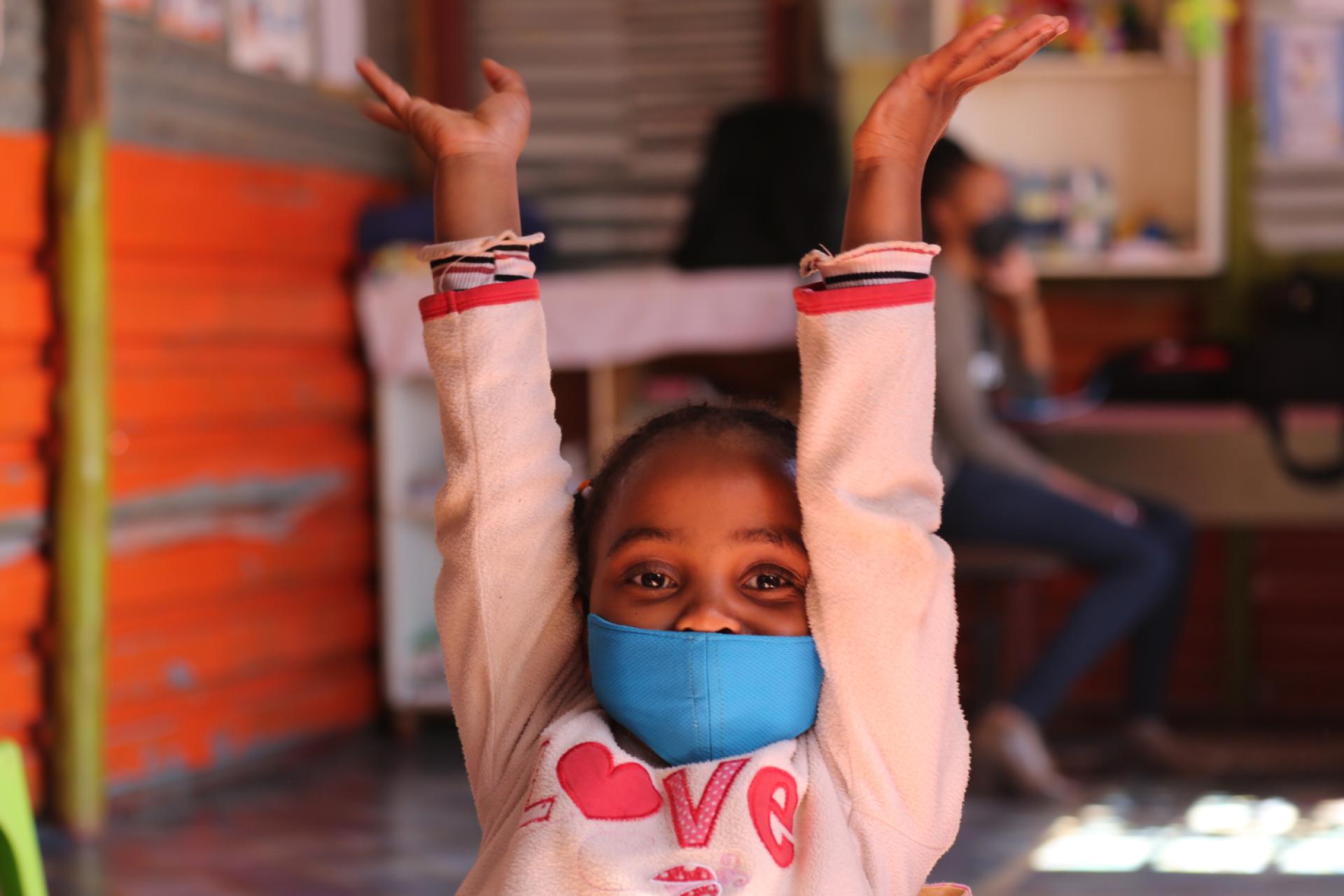The success of community-based early childhood development (ECD) programmes is largely dependent on community engagement, according to a recent study conducted by the Aga Khan University Institute for Human Development (IHD).
The research found that community engagement was crucial in ensuring stakeholder buy-in and support, which are necessary for the sustainability of ECD programmes. The study also emphasized the importance of creating a community engagement model that is sensitive to the needs of each subgroup within the community to avoid unintentional exclusion.


Despite the potential benefits of ECD programmes, they sometimes fail due to various reasons. One of the primary reasons is the lack of community engagement, which can result in a lack of support and buy-in from the community. In such cases, community members may view the programme as an external intervention that does not address their unique needs or values.
The findings of the study, led by IHD manager Margaret Kabue, were drawn from an analysis of the Institute’s Child Development in Marginalized Communities (CDMC) project that sought to promote healthy child growth and development among marginalized communities in Kenya. The analysis focused on the community engagement activities that took place in one of the project sites, an urban informal settlement in Kenya’s Dagoretti sub-county.
Community engagement was conducted to identify the structures that would be appropriate to engage the study participants and communities, to sensitize stakeholders on what the CDMC study sought to achieve and foster a conducive working relationship with them; and, to enhance the sustainability of the project by soliciting the support of stakeholders, participants, and communities.
The CDMC project succeeded in its initiative due to the involvement of various stakeholders such as the government through Kenya’s Ministry of Health, related community health structures such as Community Health Volunteers (CHVs), community-based service organizations working in the study site, local leaders, and representatives of the project’s target group throughout the planning and implementation of the intervention.

